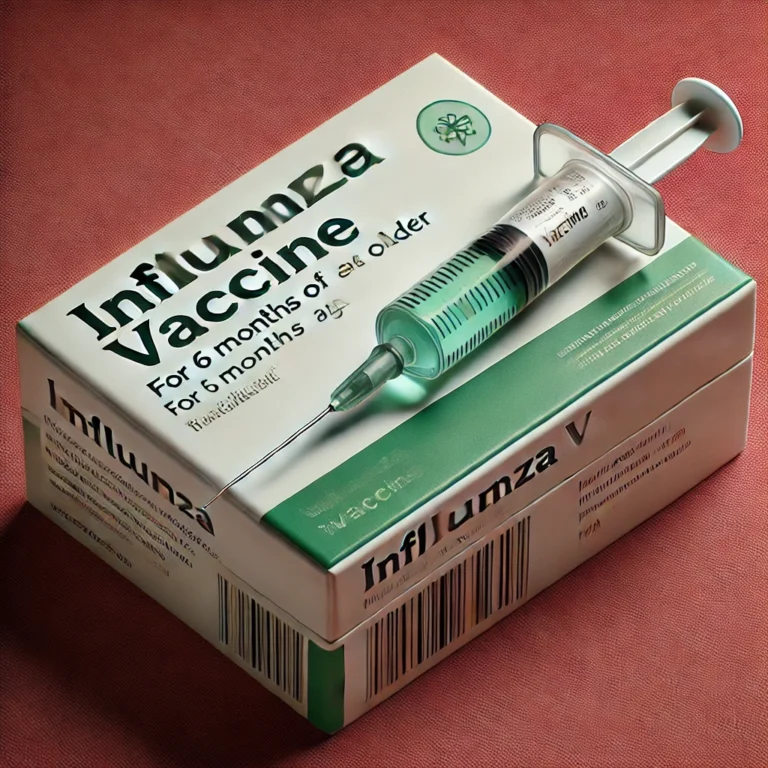In an era where online platforms play an integral role in shaping public perceptions and attitudes, the dissemination of accurate information is of paramount importance. YouTube, a platform synonymous with sharing videos, has recently taken a crucial step in ensuring that medical information available to its users is reliable and evidence-based. The introduction of new policies targeting medical misinformation is a commendable move that not only safeguards the well-being of its viewers but also supports content creators committed to sharing accurate health information.
The Battle Against Medical Misinformation
Misinformation, especially in the realm of healthcare, can lead to dire consequences. From misleading treatment recommendations to unfounded claims about miracle cures, the consequences of unchecked medical misinformation can be harmful, if not fatal. YouTube’s new policies represent a proactive approach to tackling this issue head-on. By setting stringent guidelines for health-related content, the platform is sending a clear message that the dissemination of false medical information will not be tolerated.
Prioritizing Reliable Sources
A cornerstone of YouTube’s new policies lies in the emphasis on sourcing information from credible and authoritative sources. Content creators delving into medical topics are now required to demonstrate their sources and ensure that they are from reputable institutions or experts in the field. This not only elevates the quality of health-related content but also encourages creators to undertake thorough research before sharing information with their audience.
Impact on Digital Health Content Creators
While the primary aim of these policies is to combat medical misinformation, they also hold implications for content creators producing legitimate digital health content. Those who invest time in curating evidence-based information can now find their content receiving better visibility and recognition. The policies also encourage collaborations between content creators and medical professionals, fostering an environment where accurate health information is accessible and comprehensible to a wider audience.
Striking a Balance
In its pursuit of a misinformation-free platform, YouTube faces the challenge of maintaining a delicate balance between content regulation and freedom of expression. Stricter content moderation might inadvertently stifle genuine discussions or alternative health approaches that, although not universally accepted, can still contribute to the overall discourse. Achieving this equilibrium will require continuous refinement of the policies, along with transparent communication between YouTube and its content creators.
The announcement of YouTube’s new policies aimed at combating medical misinformation is a step in the right direction. In an age where health-related decisions are increasingly influenced by digital platforms, ensuring the accuracy and reliability of information is critical. Content creators, viewers, and the digital health community as a whole stand to benefit from these policies, as they foster an environment where evidence-based information takes center stage. By championing credible sources and holding creators accountable, YouTube is not only shaping its own platform but also contributing positively to the larger digital health landscape.












